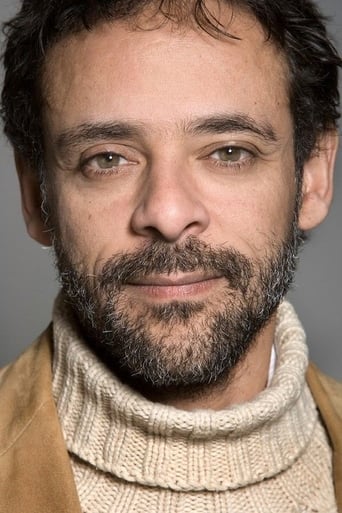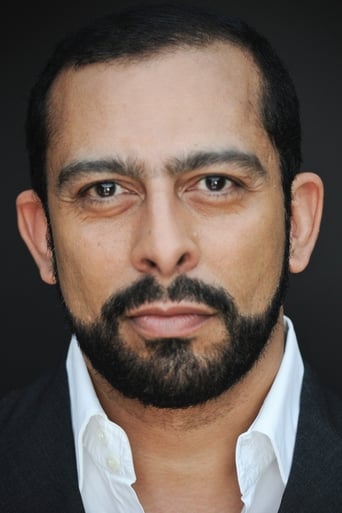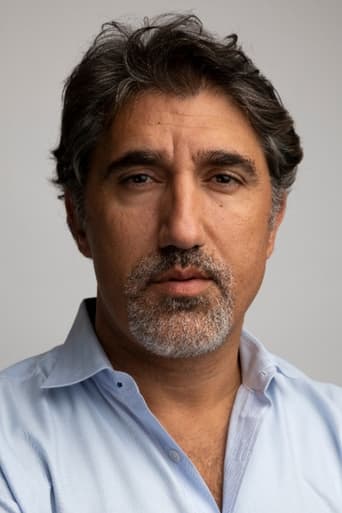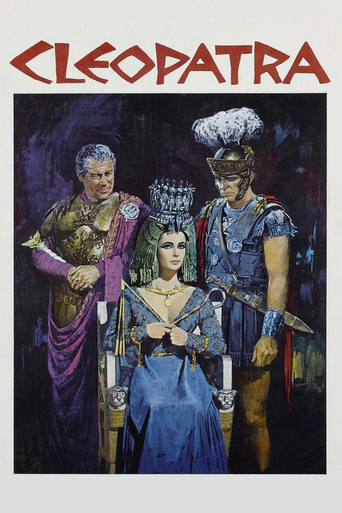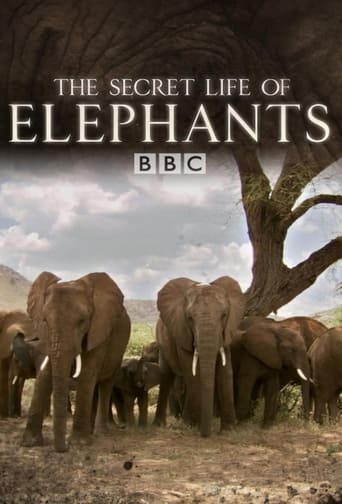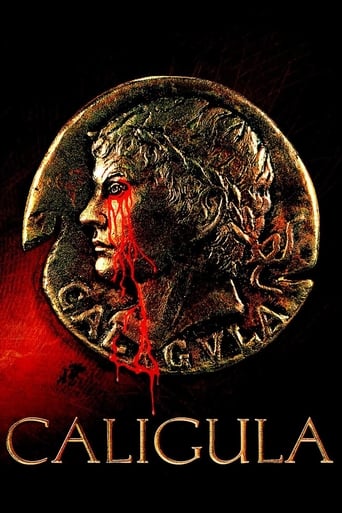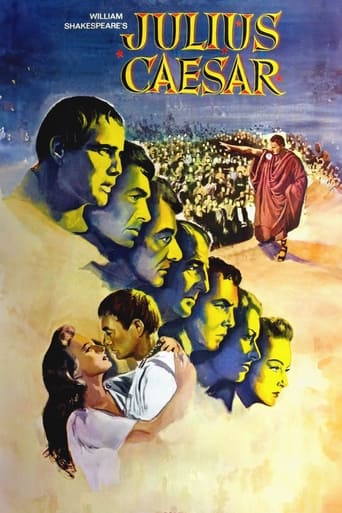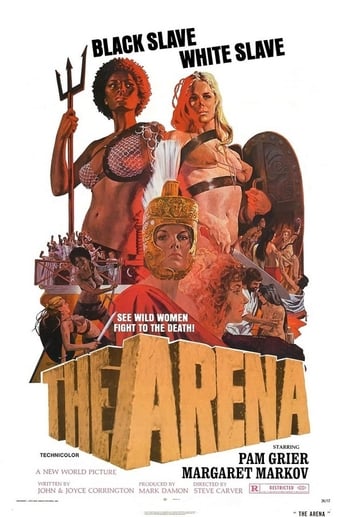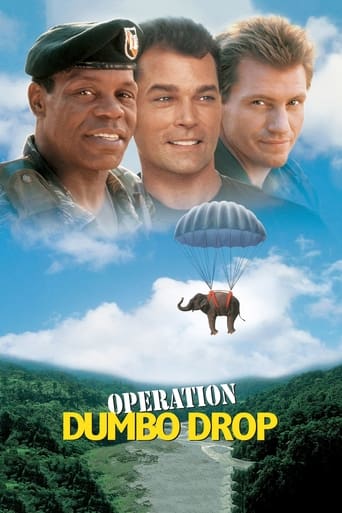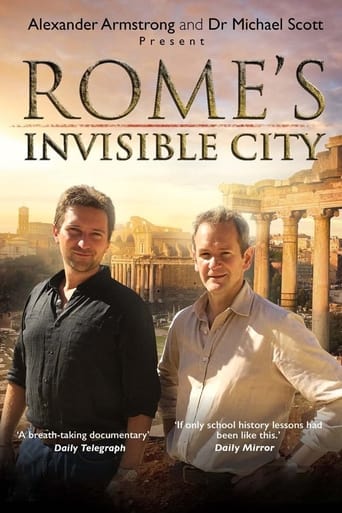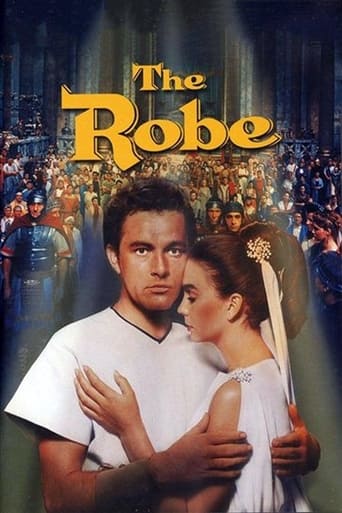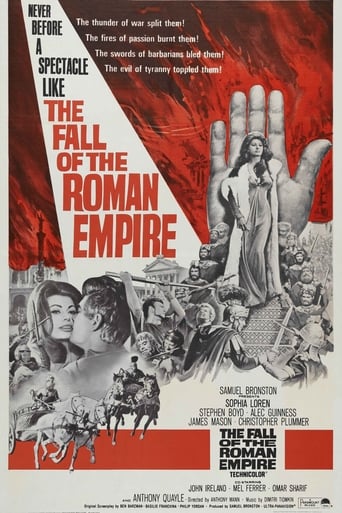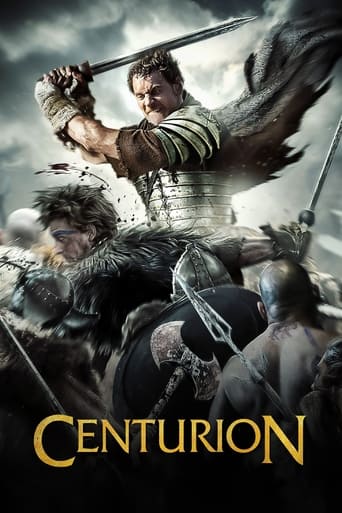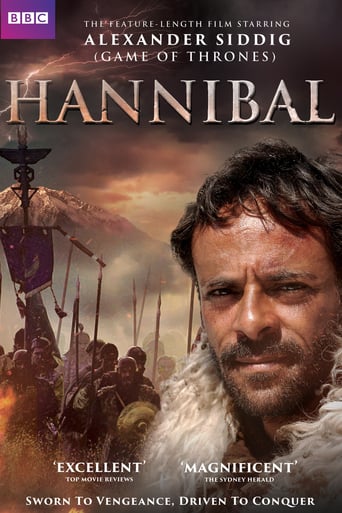
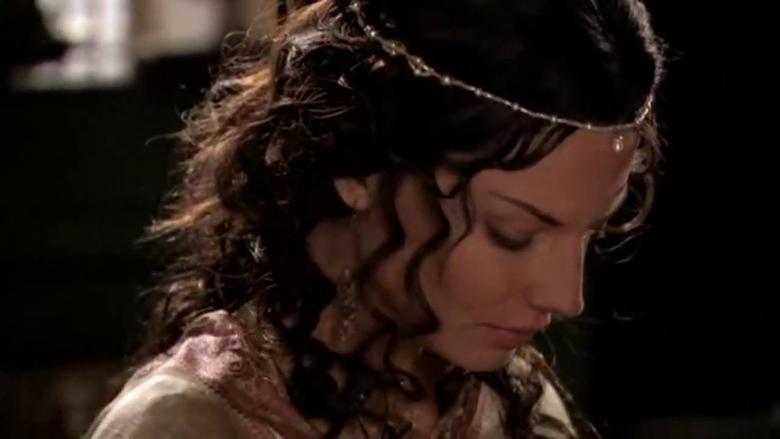
Hannibal: Rome's Worst Nightmare (2006)
It is 200 years before the birth of Christ and Rome is the new superpower of the ancient world. She believes she is invincible - but one man is destined to change that. He is a man bound by oath to avenge the wrongs inflicted on his home and, in pursuit of revenge, he will stop at nothing. Hannibal explores the man behind the myth, revealing what drove the 26-year-old to mastermind one of the most audacious military moves in history. With 40,000 soldiers and 37 elephants, he marched 1,500 miles to challenge his enemies on their own soil. It was an act so daring that few people believed it possible.
Watch Trailer
Cast


Similar titles
Reviews
his performance is admirable. and this is the first virtue of film. the second virtue - the BBC high science to give to public a seductive, impressive, fascinating portrait of the Hannibal actions. but, each god has its sacrifices. in this case - the historical accuracy. the first excuse - for a real close to testimonies image , it needs a series. and a smaller target. but a good, a real good thing defines this beautiful film - the return to the history lessons - as memories and fragments of rumors about the words of teacher about Zama , elephants and the force of Carthagena- but, maybe, in same measure, as return to the sources about the great hero and his wars against Rome. and this is the best detail in this case.
I did read Livius' Ab Urbe Condita, largely based on which the film was made. Thus I could not help comparing the film with what Livius originally wrote. (The Anglicized name of Livius is Livy. But I will stick to Livius in this review because I do not like the practice of Anglicization of proper names in general.)Livius' spent more than ten books on the Second Punic War. So it is a very difficult task to condense the story within 90 minutes. The film has done relatively well. The most important events have been included. (It would have been better if Hannibal's political achievements after the conclusion of the Second Punic War had not been omitted. Hannibal was not only a great general, but also a good statesman.)The major problem that I see with this film is historical inaccuracies.The first moment that I was a bit turned off was when Hannibal said he would enter Italy via France. But the name France was not to exist for hundreds of years. Unlike Spain or Italy, France did not get its modern name until the beginning of the Middle Ages. I can understand that the director did not want to confuse modern audience with historical names like Gaul. But still, calling that region France in Hannibal's time is preposterous. The same with "Turkey" at the end of the film. Come on. The Turks would not be known in Europe for another 1500 years. (Fortunately they did not decide to call Carthage Tunisia.)The scene that Hannibal ordered his soldiers to bring firewood and wine to break a big rock blocking his way in the Alps is based on a story told by Livius. But the authenticity of this story has long been disputed. Given its historical insignificance, I am not sure whether it was wise to include this story in the film while omitting many much more important events.
It is very good to see something about the historically neglected Scipio. Who, in my estimation, is the greatest General of all time. But his greatness goes beyond military prowess. He saved Rome from extinction and set the foundation for it being first the Ruler of the Mediterranean, then of the "Known World".His victory was historically very significant, as it meant that Europe and the "Western" World would be Christian and largely Caucasian. If Hannibal had won, Europe and the West would have been Oriental and probably Muslim. The Carthaginians were Oriental. And North Africa did become Muslim about 800 years later. Had Carthage lasted to that point, "we" would have most likely been Muslim and Oriental.The film is generally accurate, but fails on one significant point. Hannibal did not immediately escape to Turkey. After his defeat, Scipio appointed him--his defeated enemy--as military governor of Carthage. And within 5 years Carthage was more prosperous than ever before. And has repaid all the war reparations imposed by Scipio and Rome.Later, some dissatisfied militarists wanted Carthage to go back to war with Rome. They asked Hannibal to lead them, but he would have no part of it. He wanted to honor his agreement with Scipio. He fled the country to avoid having to start what he knew would be a lost war. Which the Third Punic War was. This time there was no honorable and rational Scipio, and Carthage was totally destroyed. Becoming part of the desert sand.The source for this is "A Greater than Napoleon", by B. H. Liddell Hart, the noted British historian. Perhaps the best military historian of the 20th Century. In the early 1930s he tried to persuade the British government about the danger of the Panzer Divisions Hitler was building. The German generals read his books. During the Second World War they would often muse to themselves, "I wonder what Liddell Hart would do now...?" After the war, none of the German generals wanted to talk to anyone. But when offered the chance to talk to Liddell Hart they said "Yes, yes! I would be honored to talk to him".But there is a seemingly unknown, very important side of Scipio. After his victory at Zama he was accorded a Triumph in Rome, granted by a grateful Senate and people. I can see him know, leading the remnants of the 5th and 6th Legions, defeated at Cannae, but reformed and used by Scipio at Zama. Leading the way up the Appian Way to the Senate.Scipio was again offered the position of Sole Consul for Life. Meaning "dictator". But he refused, saying the "The Honor of leading Rome to victory over its enemies and saving Rome from destruction is sufficient for me".Eventually, to honor those who had served him during the 20 long years or so, he relented and accepted. But only for the usual one year, saying "No man should rule other men, and certainly not for a lifetime". Therein lies his greatness. The understanding that ruling the lives of others is immoral. And irrational, as societal system based on coercion cannnot and never do survive in the long term.Sadly, some time after his victory and when he had retired to his ancestral home in Liternum, he was accused of corruption. "Why did he offer such lenient peace terms?! There must have been bribery".The Senate sent a young Centurion to Liternum to arrest Scipio on charges of treason. Scipio, interrupting his lunch, met the Centurion in front of his house.He reminded the Centurion that he was only a schoolboy at the time of his victory at Zama. That he would not understand the true history. That Rome was at the door of defeat, and he--Scipio—-had saved Rome. Had he not done so, "You, young Centurion, would be either dead or a slave of the Carthaginians. Along with your family. Return to the Senate, remind them that I saved Rome, and I want no more of their lack of gratitude and their impertinence".The chagrined and chastised Centurion did as he should, and there was no more of the matter.I am very, very grateful to Edward Bazalgette, Phil Dolling and all the others associated with the making of this film.
I was very impressed with the quality and history telling in this BBC adaption. The BBC seem to have a talent for picking famous stories and fetching them to life in a unique drama and documentary blend. I had little knowledge of Hannibal before watching it (most people just know about the elephants) but after watching it i new the entire history of Hannibal. The acting was excellent with actors such as Alexander Siddig (kingdom of heaven) and a lot more fine actors . I would say this is a must for any person who enjoys history and enjoys a good factual story of a man who turned the tables on the greatest nation in the world (Romans) .


